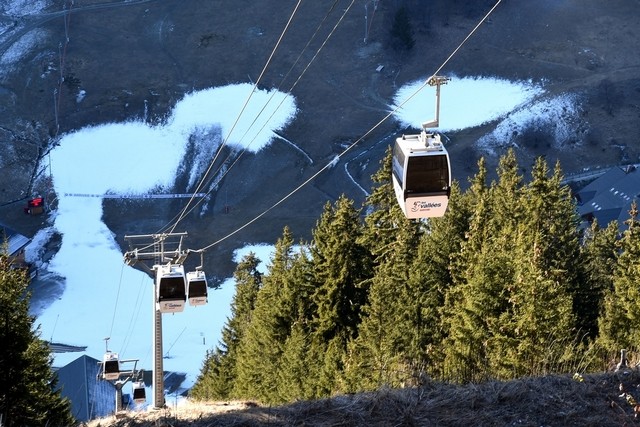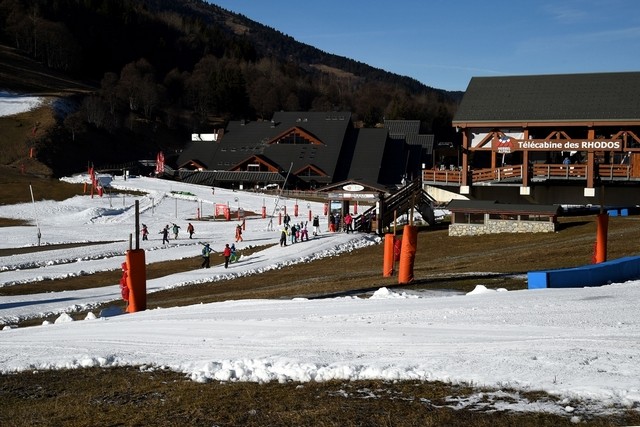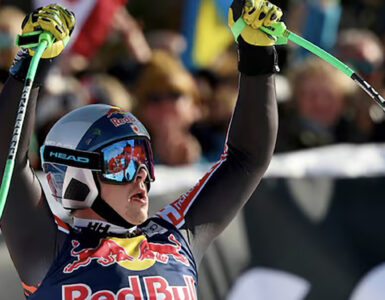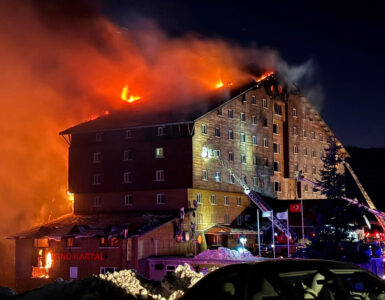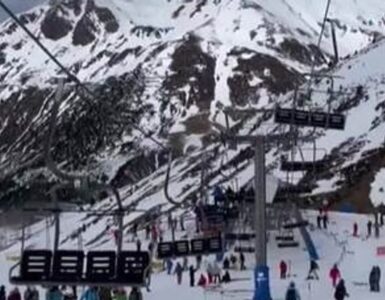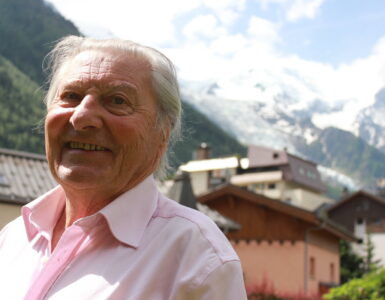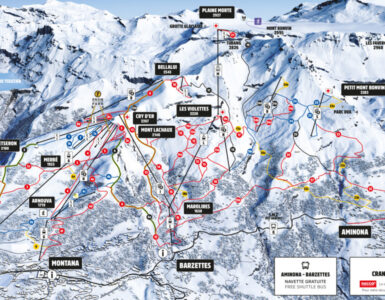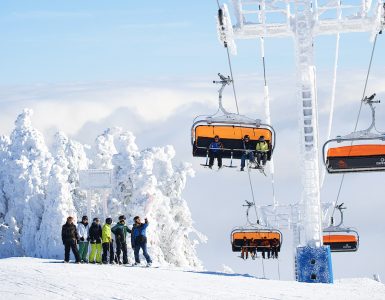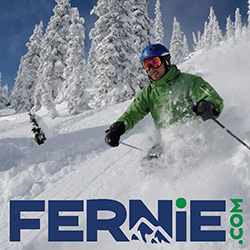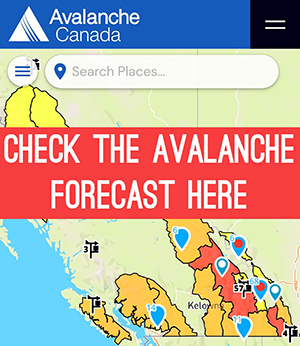In many parts of the world, a forecast of snow is an unwelcome prelude to the disruption of everyday life.
In the French mountains, with an economy hugely dependent on skiing, it is regarded as “white gold” – and so far this season it is in worryingly short supply.
Some resorts have had no snow since November. Others have had little more than a smattering. As the new year began, a check of weather conditions in a random group of resorts showed between a zero and 10 per cent chance of snowfall.
And parts of the industry are concerned, all the more so in those towns and villages that have not invested sufficiently in artificial snow production or facilities visitors can enjoy even when conditions rule out skiing or snowboarding.
The anxiety will deepen if “significant” snowfall predicted for early January fails to materialise.
Some seasonally employed workers have faced delayed starts to the employment they count on each winter.
Hotels, chalet-owners, restaurants and shops fear the knock-on effects, although these are eased by the captive nature of at least a section of the market: holidays booked early without the option of refunds.
Throughout the French Alps, professionals have been describing snow conditions as difficult after what the newspaper Le Monde calls a “particularly clement December”. Similar problems have affected other skiing regions in north-eastern France and the Pyrenees.
In Saint-Martin-de-Belleville, which combines the alpine resorts of Val Thorens and Les Menuires, locals were even urged not to go on the slopes between December 27 and New Year’s day in order to save what snow there was for tourists.
Another resort in the Alps, Sainte-Foy-Tarentaise, brought in nearly 100 tonnes of snow by helicopter in a laborious shuttle operation.
A leading British operator, Crystal Ski, tells The National it is providing free coach transport to resorts with snow for clients whose reservations were in those without a viable covering.
The impact is felt less severely in ski stations where local authorities have invested in non-ski attractions.
More than 300 kilometres north-east of the city of Grenoble, which styles itself the capital of the Alps, the ski resort of Ventron in the Vosges department stresses, aside from skiing, there are ample opportunities for walks in superb mountainside scenery.
Thibault Leduc, the resort director, told the state-run France Bleu radio: “In some alpine stations, if there’s no snow you may as well turn round and go home. The advantage here is that snow or no snow, there’s always plenty to do.”
Diversification, along with the philosophical approach of many holidaymakers, has ensured relatively stable bookings.
In the Alpe d’Huez, tourism officials reported 60 per cent occupancy during the week between Christmas and New Year, only 5 per cent down on a year earlier, with few late cancellations reported.
The same observation was made in Meribel, where an occupancy rate of 70 to 75 per cent is seen as satisfactory for this time of year. And in the lower Alps, the impact is felt less severely because warmer temperatures oblige resorts to be prepared for winters without heavy snow.
In Les Saisies, a €17 million (Dh65.4m) nautical centre, opened in 2014, has paid off, ensuring steady trade, with all 900 seasonal staff employed since mid-December despite poor snow conditions on many of the area’s 192 kilometres of ski runs.
“Even during a winter without snow, we are now able to adapt to secure employment,” says Bruno Clement, the director of tourism. He says resorts failing to broaden their appeal are making a “monumental error”, although he concedes that the costs are too high for some of the smaller ones.
But the alternative appeal of ice rinks, swimming pools and trekking goes only so far. In Villard-de-Lans, where only eight of 50 slopes have been open, more than 20 seasonal workers have been unable to resume employment, although a collective agreement assures them of doing so by the second week of January.
Overall, between 30 and 40 per cent of seasonal workers are still to start work because of the lack of snow, according to the CGT trade union.
The Franco-British chamber of commerce says France attracts tens of millions of skiers and other winter holidaymakers each year. With more than 350 resorts, the chamber estimated in a 2015 report, the French tourism economy relies on winter for around 18 per cent of its revenue, accounting for 100,000 jobs in the resorts.
But the chamber said there was also evidence of the industry experiencing slight decline, 4.5 per cent down between 2013 and 2014. Among a combination of factors, it identified the risk of avalanches, complications caused by the school calendar and a fall in the number of school trips to the mountains. France lost its place as the winter sports world leader, its resorts selling 52 million “ski days” last year compared with 53.9 million in the United States last year, although it is still the biggest in Europe, ahead of Austria.
There is no sign of panic, however, among leading winter holiday operators.
“It is a very sophisticated market,” says Sean Tipton, a spokesman for the Association of British Travel Agents. “Most people book up long in advance. If they leave it until the last minute, to take account of snow conditions, they end up having to pay a lot more.
“For that reason, I doubt there will be a huge impact, especially if the forecast of snow proves accurate.”
Marion Telsnig, the head of communications for Crystal Ski, which describes itself as the UK’s biggest skiing holiday operator and sends several thousands of Britons to the French Alps each year, says: “Some resorts have snow cannon operations and we are additionally providing buses at no cost to make sure any clients visiting resorts with not enough snow can ski where the slopes are in normal use.
“We will see at the end of the season whether there has been an impact. Until then, it is just speculation.”
The Swiss travel group Hotelplan, which owns the specialist Inghams tour company, reports “business as usual”, with several thousand customers heading in each direction at the start or end of festive winter sports holidays.
As northern areas of France, away from the ski slopes, were placed on orange alert for snow and ice last weekend, Louise Newton, the group head of marketing, at Hotelplan, said falls were expected “imminently” in winter sports areas, too.
For less upbeat observers within the industry, they cannot come soon enough.
Sorrce: thenational.ae


